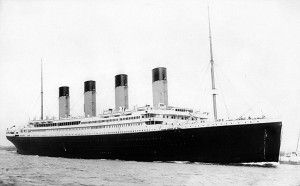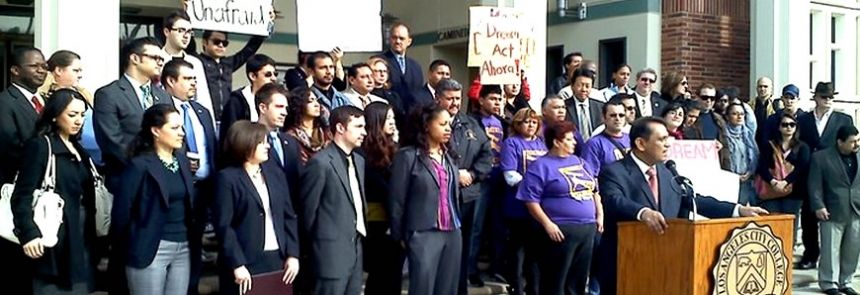May 29, 2012
Spiralling Debt & The Road to Breaking Point
Posted by Tom Kerwick in categories: business, economics, ethics, finance, sustainability
The biggest challenge to the ‘ecosystem’ of world economics that keeps society ticking over is how to overcome our inability to regulate a sustainable economic model. In Europe at present we are undergoing the difficult measures in setting about rules of austerity to ensure that government borrowing never gets as out of hand as it has done on our watch. I post on this topic now as it is topical to me — back home here in my native Ireland we are voting on a referendum this week to ensure we no longer borrow from our children to fuel indulgences today — a referendum on rationality and responsibility.
The topical of austerity reminds me of an opinion I blogged on a crisis in the Obama administration last August on national debt in the light of striking comments from foreign figureheads amid the storm from the ‘Tea Party Taliban’. I share with you for to see if anyone cares to comment on an operandi of living like parasites off the global economy:
Living Like Parasites Off The Global Economy, originally written 3 Aug 2011:
With the US in turmoil over its national debt, and held to ransom by a ‘Tea Party Taliban’, last week China publicly mocked American democracy. Yesterday, the world witnessed the humbling of America after a trillion-dollar deal marked the end of an era for the US. The US now faces a shift in its relations with creditor nations, and it was not all too surprising to hear Vladimir Putin, the Russian Prime Minister, yesterday accusing Americans of living “like parasites off the global economy”. If America had defaulted on its international debt obligations, that is exactly what it would be. While America continues to service it’s debt, it is quite the opposite — for now at least- as is perpetually paying interest to its creditors.
Continue reading “Spiralling Debt & The Road to Breaking Point” »












